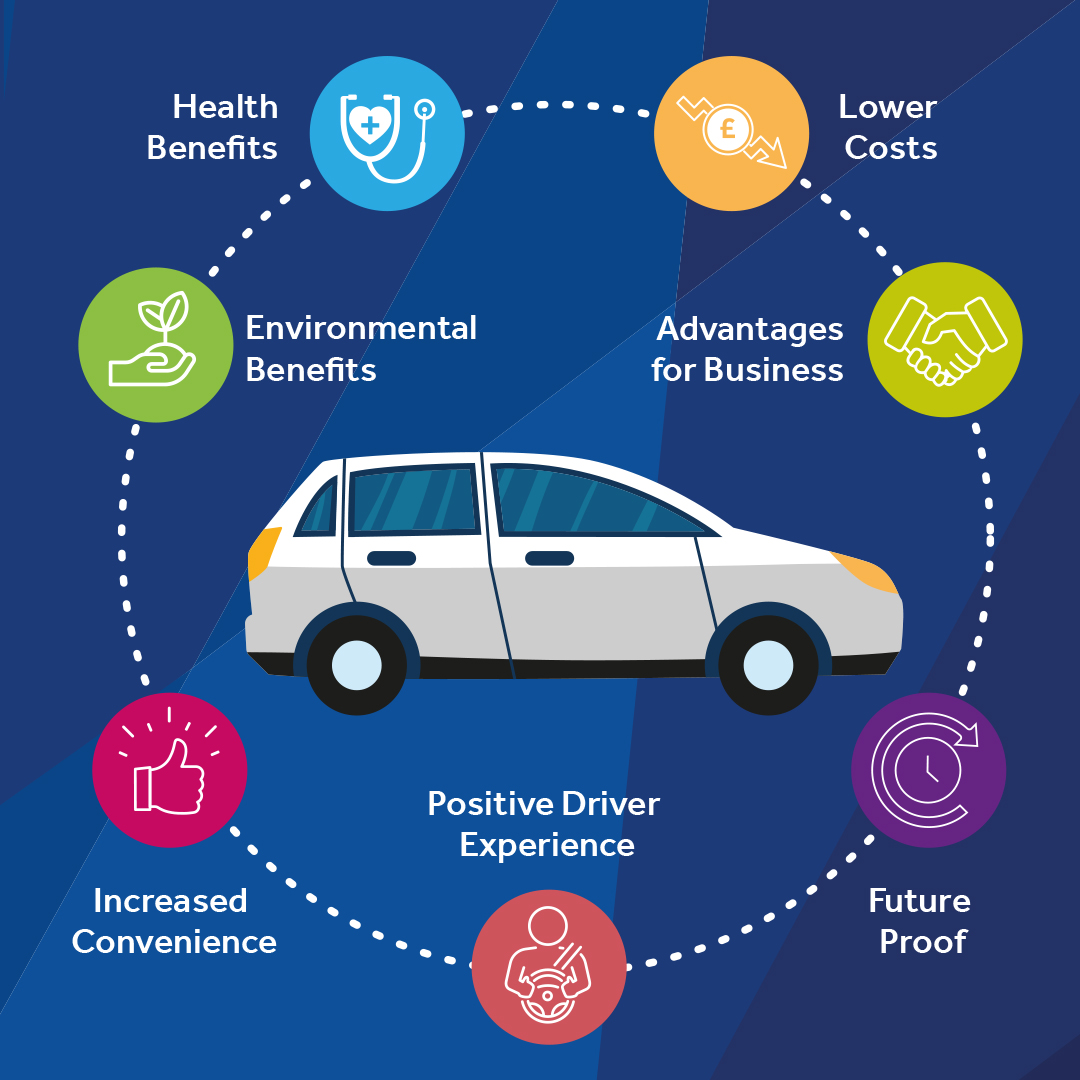What Is Communication?
When Clement Haynesworth was nominated to fill a vacancy on the Supreme Court in 1969, most people agreed that he was a mediocre candidate. In their opinion, he had been a mediocre lawyer and a mediocre judge. Roman Hruska, in arguing for Haynesworth’s appointment, remarked in complete seriousness that since there were so many mediocre people in America, they were entitled to be represented by a mediocre Supreme Court Justice.
Referring to a 1995 vote in Canada for Quebec’s separation, Quebec Prime Minister Jacques Parizeau attributed the loss of the vote to “money and the ethnic vote.” One wonders whose money, and which Canadians were the “ethnic” voters?
These are examples of “stupid talk” in the political arena. Professor Neil Postman defines “stupid talk” as talk that has a confused direction, an inappropriate tone or a vocabulary not well-suited to its context. Such talk does not and cannot achieve its purposes.
We find “stupid talk” in our own lives as well. Susan once remarked to her co-worker Hank that he would have to be “blind, deaf and dumb” not to understand Susan’s comments during a recent business meeting. To her dismay, Susan learned that Hank’s wife was blind and he was very offended by the comment.
Fred often berates his employee Stephanie, because she is “always” late and “never” on time, rather than constructively dealing with the conflict her frequent tardiness is causing. His “stupid talk” is an avoidance technique, enabling him to delay an inevitable confrontation.
Messages bounce off the moon, and space probes land on Mars. Yet, speaking is still troublesome for most of us. Words reflect what fills the heart. What do your words tell others about you? Imagine you are being introduced for the first time to a large group of people from a competitor’s company. Perhaps rumor, gossip and misrepresentation preceded you. When communication is blocked or muddled, relationships wither and eventually die. However, conflict, cruelty and misunderstanding can be conquered through effective communication. When open, clear communication takes place, relationships and cooperation flourish. Once you develop good communication skills, you can choose the way you communicate with and influence others. It will be up to you to change the mind of individuals, as well as the crowd. During a debate over the national budget, Senator Ernest Hollings of South Carolina commented, “A million here…a million there…and pretty soon it adds up to real money.” To hardworking Americans, a million dollars is “real” money.
The success of an organization depends on the communication skills of its employees. When 170 organizations were asked their primary reason for rejecting an applicant, inability to communicate and poor communication skills were mentioned most frequently. People with polished oral and written communication skills advance more rapidly and contribute more fully to their organizations. No matter how much expertise you have in your chosen profession, your communication skills can make the difference between great success and simply “getting by.” Most work problems can be traced back to a failure in communication.
Sarah, a civil engineer, laments, “I thought my engineering training was all I would need, but I spend most of my time on people problems.” Norman, a beautician, also observes, “I was trained to do hair. Since I’ve been on the job, I not only fix hair, I have to fix people.” Your communication style is a learned response. Unfortunately, most of us learned poor communication skills from well-intentioned people.
To improve communication, we must understand exactly what it is. The Latin root of the word communicate is communicare, which means to make common or to share.
The purpose of communication, therefore, is to express thoughts, ideas and feelings with others in a way they will understand. Good communication has little to do with a large vocabulary. It has everything to do with making yourself understood.
How do you make contact with other people? How do they respond to you? Sometimes they respond through facial expressions, gestures or other body signals, but mostly it is through the use of language—writing and speaking on the one hand; reading and listening on the other.
Writing and reading go together, as do speaking and listening. Writing is meaningless until it is read. You might as well shout into the wind if what you say is unheard. Instruction in writing and reading starts in elementary school and continues through college. Except for special courses in public speaking and help for those with speech defects, formal education provides no instruction for speaking and listening. We assume that communication skills come naturally and no training is required.
Poor reading and writing skills are common targets of criticism. Yet, training a person in reading and writing does not teach him how to speak and listen. Speaking and listening differ vastly from reading and writing.
The reason for this is the fluidity of oral communication. When you read, you have the option of rereading for clarity. When you write, you can rewrite. Speaking and listening are transient. They are as fleeting as the performance of a creative artist.
A writer hopes that readers will take the time to understand the written message, but the speaker cannot have such hope. He must present the message in a clear, understandable way. Effective written and verbal communication are learned skills. Many of us inherited ineffective, self-defeating communication skills. All of us are guilty of “stupid talk” at various times in our lives. By learning to recognize and correct the weak spots in our personal communication styles, we take an important step toward increased effectiveness. We take a large step toward making ourselves understood.
latest video
news via inbox
Nulla turp dis cursus. Integer liberos euismod pretium faucibua









